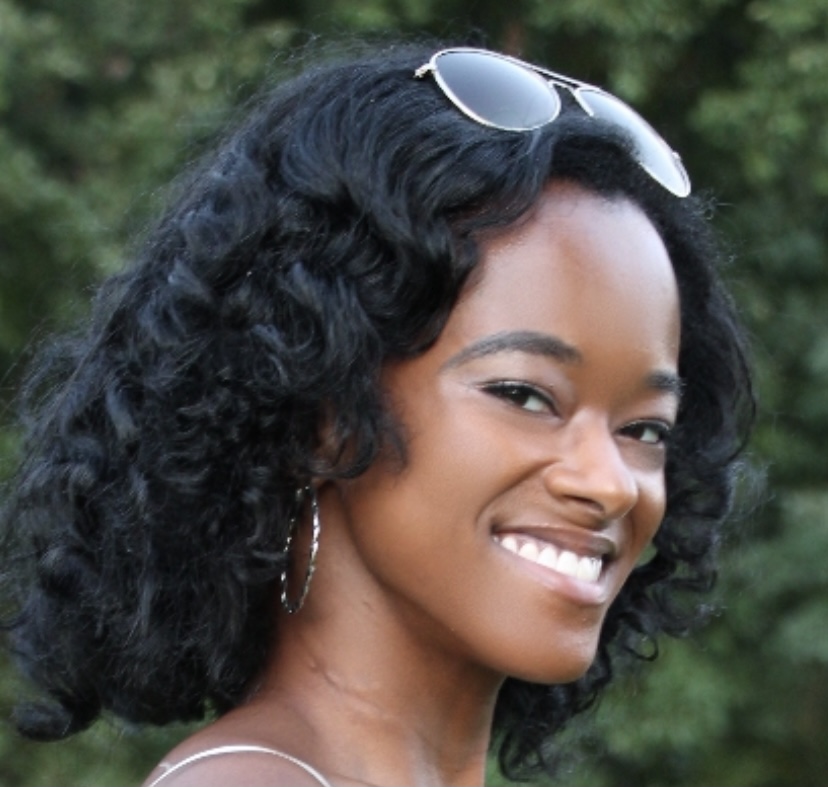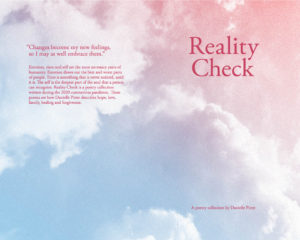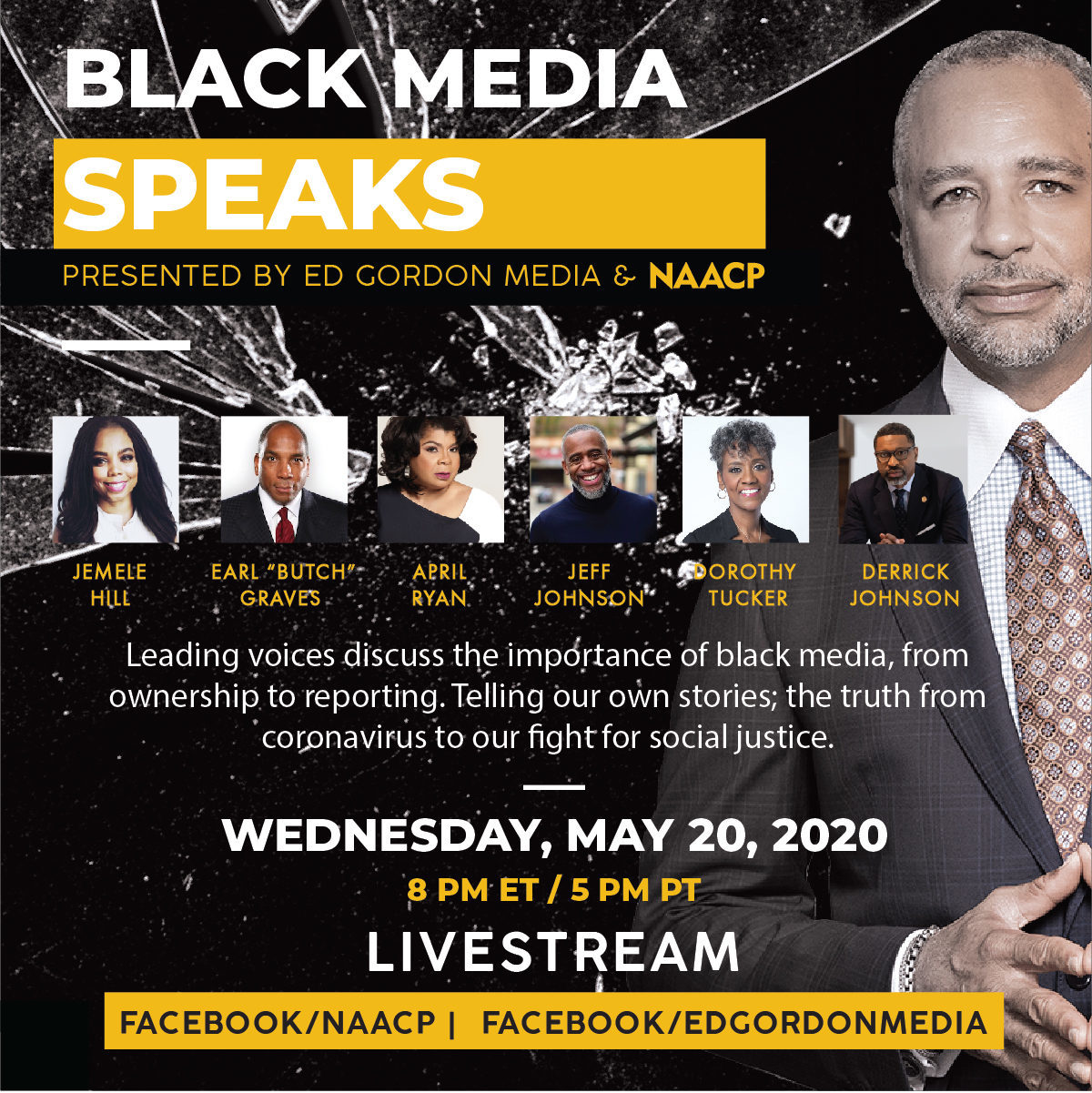
Founded February 12, 1909, the NAACP is the nation’s foremost, largest, and most widely recognized civil rights organization. Its more than half-million members and supporters throughout the United States and the world are the premier advocates for civil rights in their communities, leading grassroots campaigns for equal opportunity and conducting voter mobilization.
While much of NAACP history is chronicled in books, articles, pamphlets, and magazines, the true movement lies in the faces of the multiracial, multigenerational army of ordinary men and women who united to awaken the consciousness of a people and a nation. With such a powerful membership base, all 2,200 chapters of the Association continue to persevere. Together, the NAACP will remain vigilant in its mission until the promise of America is made real for all Americans.
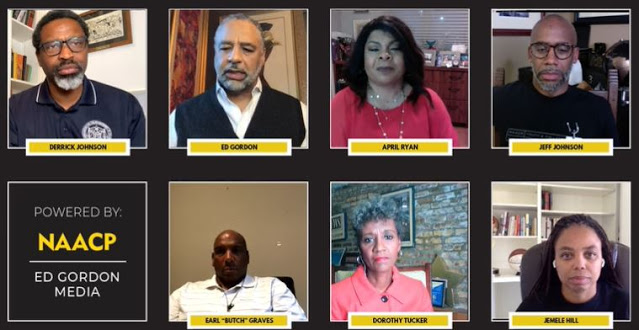
- Jemele Hill: “Think about adding non-traditional media like The Shade Room, Bossip and bring different content to the table. Finding ways to collaborate and integrate different kind of stories. Embrace them on the different kinds of journalism instead of lecturing them.”
- Earl “Butch” Graves: “We usually think of mainstream media as white, but we also have to see ourselves as mainstream. We’re coming up on our 50th anniversary. We’re down to 1-2 publications a year, and young people don’t want print. I was having a discussion with the CEO of Media TakeOut, and we have to accept the reality of how people ingest media.”
- Jeff Johnson, journalist: “What is the next 50 years of media going to be, and how does that respond to the last 25?”
- Dorothy Tucker (president of National Association for Black Journalists):
- President Derrick Johnson: “We have to figure out a new business model for us to keep it moving.”
- April Ryan: “It’s important that we have TVOne’s in the world. America is now shocked to see videos of Trayvon, Ahmaud, etc. This is something black community has been discussing… we were there before it was a thing. It’s important that we stick to black media, but it’s also important to challenge mainstream media.”
- Participant Question Section
- About printing in the digital age
- Dorothy Tucker: “If you are going to print now, you have to come up with a way to sustain yourself and having people paying for it.”
- Ed Gordon – “We all want autonomy, but it’s more about sustainability.”
- Earl “Butch” Graves – “Print is not going to survive. I don’t see print lasting in the next 5 years. It’s a hard pill to swallow, but it’s the truth. We have to do something in a different capacity to make this work.”
- Utilizing social media
- April Ryan: “Twitter and Facebook is all about the conversation. People are on these platforms and it increases your stock.”
- Jemele Hill: “Black Twitter is getting stolen from all the time. We need to find ways and monetize all of the trends we create on social media.” [like TikTok creators who create dance crazes/challenges, only to get no credit when other people do it]
- Earl Butch Graves: “With tragedy comes opportunity, especially with COVID. We’ve got to work together. You don’t need 100 people doing the exact same thing. If we begin to work together, we can begin to monetize and prepare to work in arms way to get to what we deserve.”
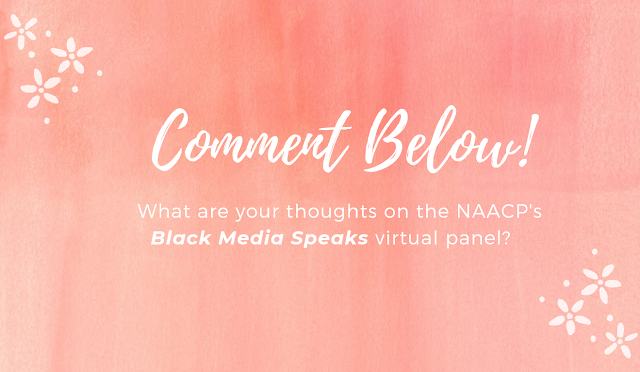
Scribd: Sign up using my referral link and earn 60 days of free reading! I also earn 30 days of free reading: https://www.scribd.com/g/76lmdj
